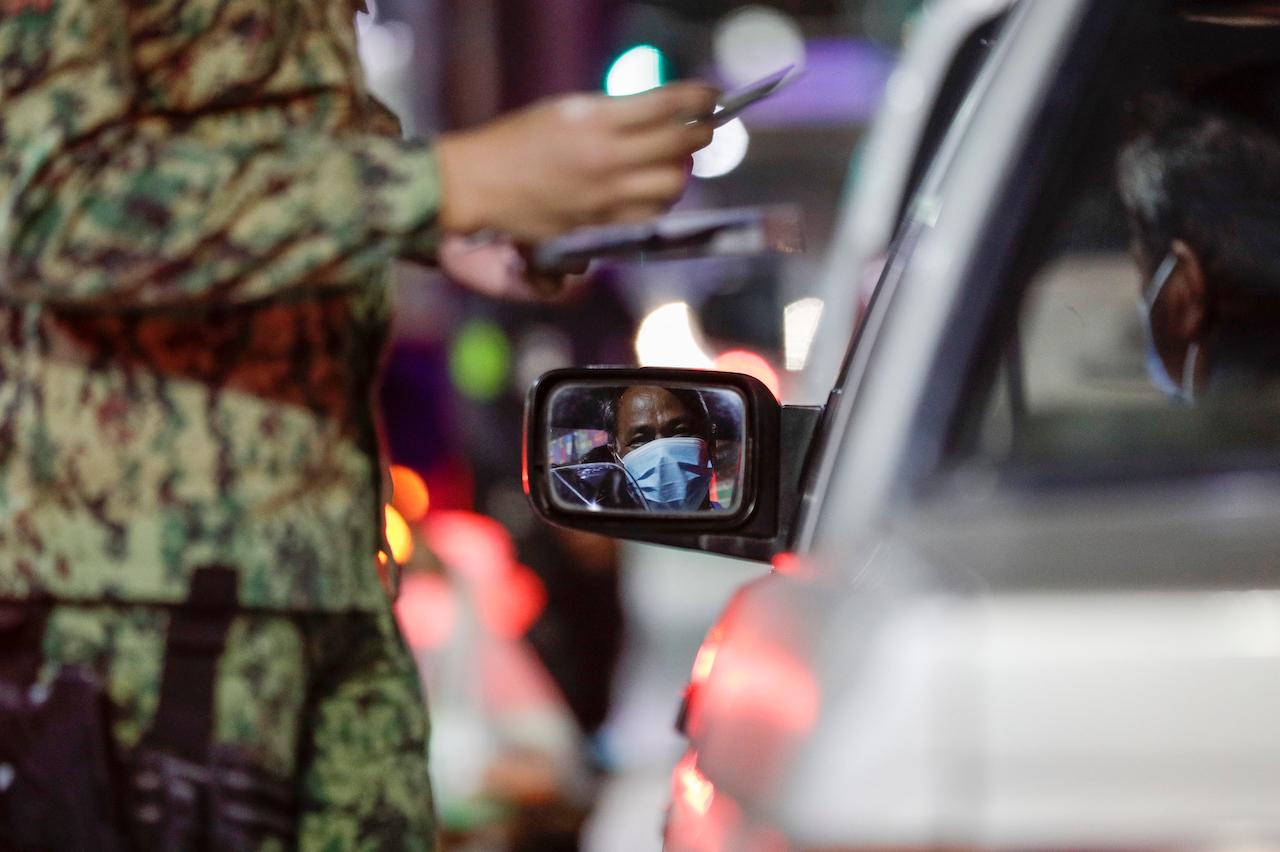Manila orders everyone under 18 and over 65 to stay home for 2 weeks as virus cases surge
The Philippines recorded the largest daily increase since mid-August on Monday with 5,404 new infections.
Just In
The Philippine capital Manila will widen a ban on minors leaving their residences to include youths up to 18 years old for two weeks starting on Wednesday, tightening coronavirus restrictions in a bid to tackle a new surge of infections.
Only those aged 18-65 years old will be allowed out of their homes, the Metro Manila Development Authority said in a statement, citing an agreement among mayors, according to Reuters.
The Philippines late last year started easing one of the world’s longest and strictest lockdowns.
But the country has seen a surge in Covid-19 cases this month, recording the largest daily increase since mid-August on Monday with 5,404 new infections.
Night-time curfews have been reimposed since Monday for two weeks in Metropolitan Manila, the country’s coronavirus hotspot that is home to more than 12 million people.
Additional measures such as liquor bans and localised lockdowns in areas with high infection rates have also been put in place.
The extended age limits comes five months after authorities allowed people from 15 to 65 years of age to go out as part of efforts to revive an economy that suffered the worst slump on record last year.
Facing criticisms about a slow-moving vaccination drive, coronavirus strategy chief Carlito Galvez said more doses should arrive soon.
Nearly 2.4 million doses are expected by early April, comprising nearly a million doses of AstraZeneca’s vaccine through the Covax facility and 1.4 million Sinovac shots including 400,000 donated by China, he said.
Galvez said there was no plan to halt the use of AstraZeneca’s vaccine to inoculate healthcare workers, even though several European countries have paused administering it after reports of possible serious side-effects.
The government has also signed an agreement with the Serum Institute of India for 30 million Novavax vaccine doses, due to arrive in the third or fourth quarter of the year, said Galvez.
Subscribe to our newsletter
To be updated with all the latest news and analyses daily.
